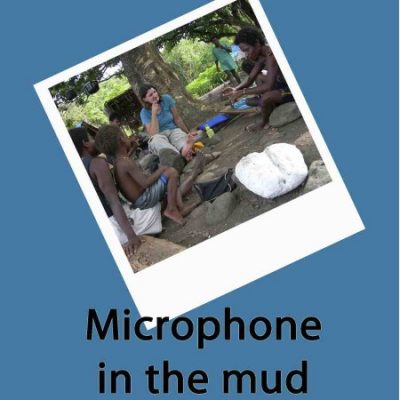The Centre of Voice Studies at Aarhus University
July 2022 saw the approval of a new research unit at Aarhus University – the Centre of Voice Studies. Why a centre of voice studies? Why now? And who’s behind it?
First, some note on the voice. The vast majority of human beings communicate with the use of sounds coming out of their bodies. Sounds produced by the vocal tract are particularly relevant. But sounds are far from limited to human communication. Vocal variation is everywhere around us, whether we communicate with human or non-human animals.
There is no doubt that the voice provides interlocutors with a plethora of meaningful information. This information is linked to our bodies as well as our cultures. Just from a single word, the hearer … ↪









